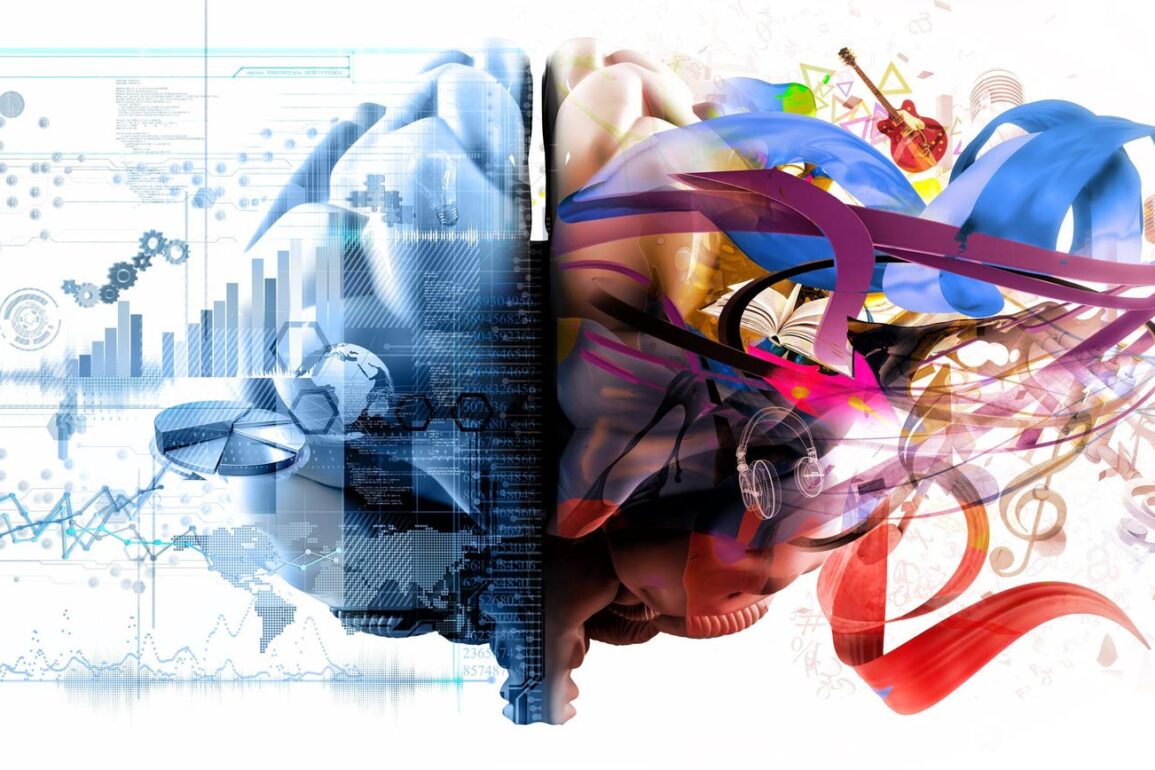
How can AI transform the art and science of storytelling? To better understand, I connected with Vimeo CMO, Lynn Girotto, who serves a community of +300 million directors, marketers, and content creators on Vimeo.
Girotto believes that “AI makes art and business easier by giving people the confidence to share their ideas in an efficient and engaging manner. Whether it’s a director producing a grassroots film, a small business creating its first product walkthrough, or a CEO giving a company-wide address, everyone should feel empowered to visually express themselves.
More videos are produced every day, while attention spans only get shorter. In my position, I serve a close-knit community of creators who relentlessly aspire to break through the noise in this ‘crisis of attention’. Influencers and small businesses, filmmakers and corporate marketers, Gen Z and millennials – all of which create videos to uniquely serve their own purpose.
Accordingly, I strongly believe that AI is a ‘nice to have’ in the short term and a ‘need to have’ in the long term, similar to the evolution of mobile websites a decade ago. What I love about AI is that it handles the back-end execution so that creative teams can focus on ideation. If they’re stuck, simply typing a prompt can generate some inspiration to get over the ‘writer’s block.’
Creative teams can never fully rely on a tool alone to tell their story, whether it is generative AI or another emerging technology in the future. AI is just a tool used to reduce the time and skills needed to tell that story.”
To understand how this works, Girotto shares the story of an “up-and-coming” director, Jake Oleson, who uses AI to produce engaging stories and build brands. He has collaborated with R.L. Grimes and Airbnb to prove that “generative AI is reshaping the art of storytelling in video production by solving for three elements holding creators back: time, skills, and confidence. There are mixed opinions on whether AI will support or supplant creators, and Jake’s work proves that there can, in fact, exist a seamless fusion between generative AI and human creativity.”
While AI provides significant opportunity for marketers, it also poses several risks. Girotto suggests that include potential job displacement, loss of the ‘human touch’ in brand-consumer interactions, and challenges balancing data-drive decisions and creatively. As she indicates, “Marketers ultimately need to stay informed of the latest advancements, use AI as a supplementary tool to avoid dependency and educate themselves in order to navigate these risks effectively.”
To mitigate these risks, Girotto suggests that “brands and businesses should prioritize ethical AI from the top down. Leadership should be explicit with their employees on if and how AI is used, maintain transparency in their data practices through various trainings and town halls, and ensure a human touch in customer interactions at all levels. Additionally staying informed about industry regulations and adapting strategies accordingly is essential to protect a brand’s reputation.”
Join the Discussion: @KimWhitler
This post was originally published on this site be sure to check out more of their content








